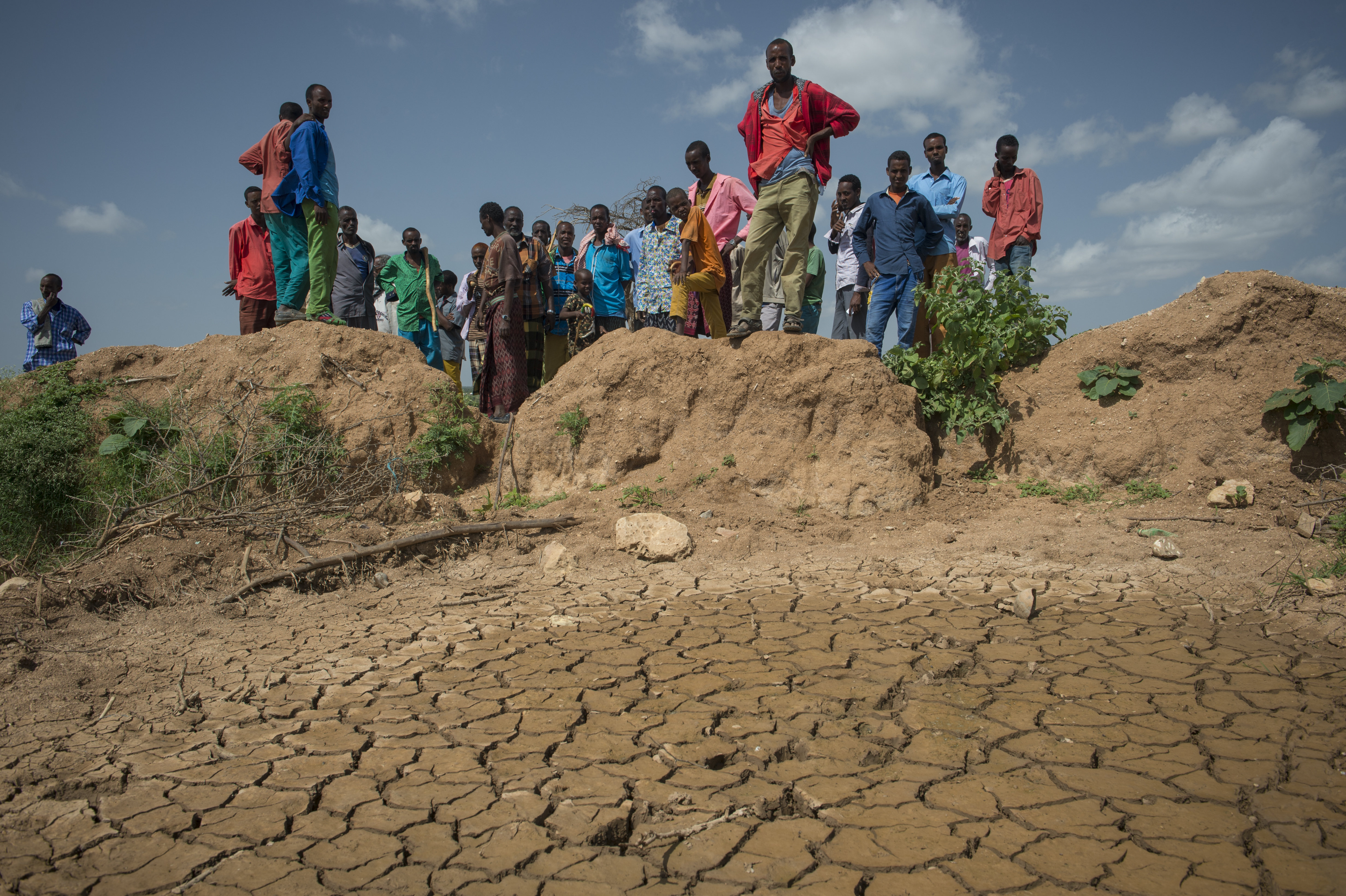
Norway through its oil industry, and being an industrialised country, is a significant contributor to the development of climate change, both in a past and present sense.

Norway through its oil industry, and being an industrialised country, is a significant contributor to the development of climate change, both in a past and present sense.
NCA believes that it is just and fair that we are responsible of cutting our emissions while also assisting those affected negatively by climate change. We will therefore work to address the proper management and preservation of natural resources in order to mitigate the impacts of climate change on the world's poorest people.
Communities resist, absorb and recover from climate change is the goal of NCA’s Global Climate Resilience Programme. By focusing on climate resilience, NCA seeks to support communities to improve their preparedness, response and recovery from climate-related events through local structures, such as community task forces.
This is done through three primary types of interventions: 1. training and skills building; 2. community task forces or other grassroots structures; 3. infrastructure to reduce the impact of hazards.
NCA fosters ownership by emphasising participation at all levels, from the grassroots organisations, such as community-level committees, through to duty-bearers, such as national and local-level government agencies.
Ethiopia
"After it left, everything was destroyed", says Etaferahu Tadesse, a farmer from Washa locality in Ankober where a locust invasion has ravaged an extensive amount of crop.
Watch the video to learn about NCA Ethiopia's emergency response in Ankober District.
Malawi
Malawi is one of the world's poorest countries, where people are under continuous pressure from climatic threats such as flooding and drought. Hunger and poverty are increasing as a result of the Covid crisis. The UN warns that we may face the worst food crisis in over 50 years. Immediate action is required to provide better solutions to these challenges.
With our partners The Ministry of Foreign Affairs, the Development Fund, NMBU and our Malawian partners we have entered into an agreement to strengthen the agricultural sector in Malawi with novel approaches, research and innovation. The goal is to reach 180 000 smallholder farmers.
Together we will help to strengthen local food systems and facilitate sustainable agriculture that will provide growth in this sector, increase farmers' incomes and counteract hunger. Today, food security is low in Malawi, but by strengthening local food systems, farming will become more robust and resilient to climate change.
To solve the food crisis the world is facing, it is crucial to have a holistic approach, and that multiple sectors, institutions and countries join forces.